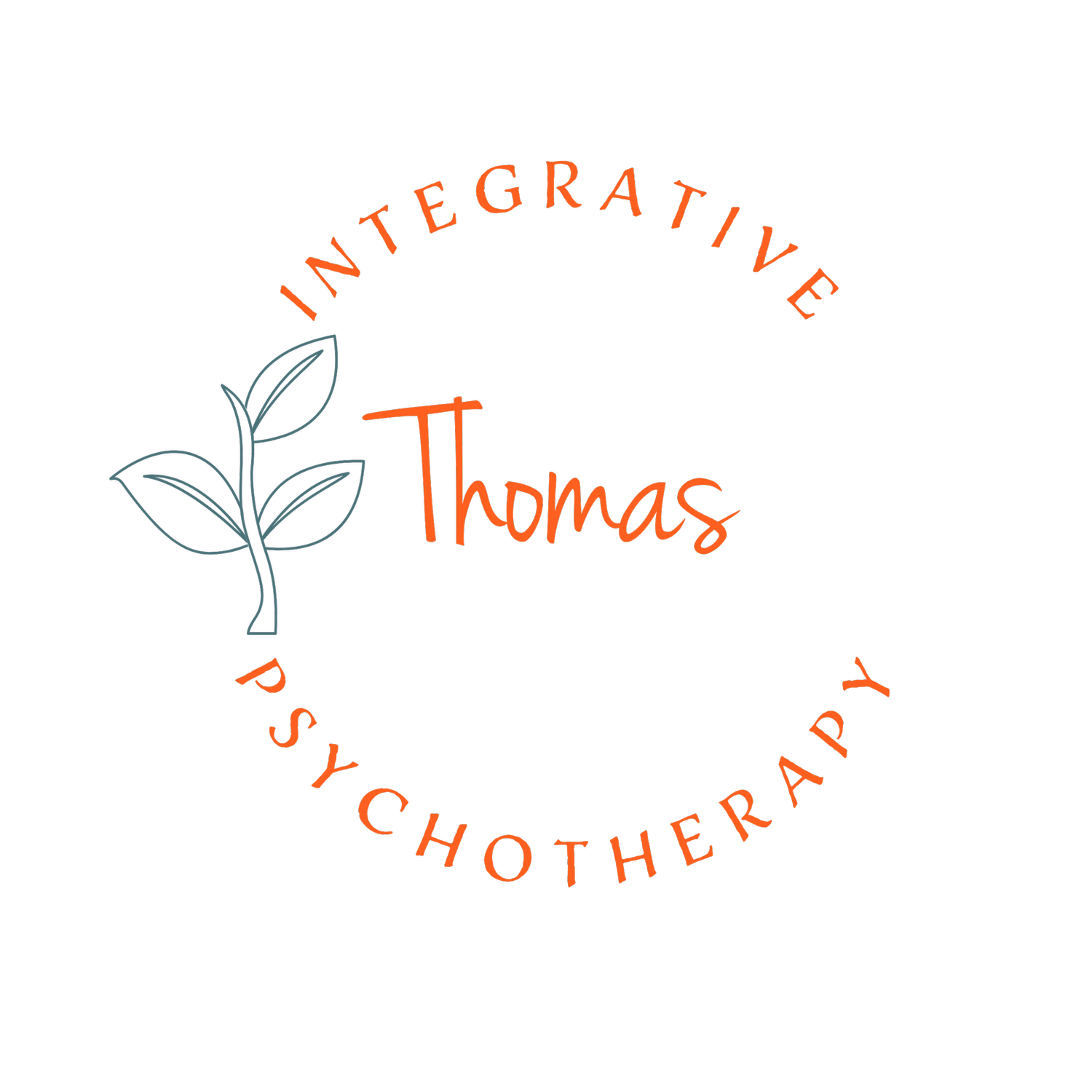Exploring Talk Therapy: Addressing Your Frequently Asked Questions
Embarking on a journey of self-discovery and mental well-being often involves talk therapy. This form of counseling, also known as psychotherapy, provides a supportive and confidential environment where individuals can explore their thoughts, emotions, and behaviors. If you're considering talk therapy but have questions lingering in your mind, you're not alone. In this blog, we'll address frequently asked questions (FAQs) about talk therapy to help you gain a better understanding of what to expect.
1. What is Talk Therapy?
Talk therapy, or psychotherapy, is a collaborative process between a trained therapist and an individual. It involves open and honest conversations with the goal of understanding and resolving emotional and psychological challenges. This form of therapy can be short-term or long-term, depending on the individual's needs and goals.
2. How Does Talk Therapy Work?
Talk therapy typically involves a series of one-on-one sessions between the individual and a licensed therapist. During these sessions, the therapist provides a safe and non-judgmental space for the individual to express their thoughts and feelings. Various therapeutic techniques and approaches may be used to address specific concerns and individual needs of the individual.
3. What Issues Can Talk Therapy Address?
Talk therapy is versatile and can be beneficial for a wide range of issues, including anxiety, depression, stress, relationship difficulties, grief, trauma, and more. Therapists are trained to work with individuals facing various challenges, and the focus is on enhancing overall mental and emotional well-being.
4. How Long Does Talk Therapy Take?
The duration of talk therapy varies depending on individual needs and goals. Some people may find relief and achieve their objectives in a few sessions, while others may benefit from longer-term therapy. The frequency and duration of sessions are often discussed and agreed upon between the individual and the therapist.
5. Is Talk Therapy Only for Severe Mental Health Issues?
No, talk therapy is not limited to severe mental health issues. It is a valuable resource for individuals dealing with everyday stress, relationship concerns, life transitions, and personal growth. Therapy can provide support and guidance at various levels of mental well-being.
6. How Do I Choose the Right Therapist?
Choosing the right therapist is crucial for a positive therapeutic experience. Consider factors such as the therapist's credentials, experience, and therapeutic approach. Additionally, personal compatibility and a sense of trust are essential.
7. Is Talk Therapy Confidential?
Yes, talk therapy is confidential. Therapists are bound by ethical and legal standards to maintain confidentiality. However, there are certain exceptions, such as cases where there is a risk of harm to oneself or others. Your therapist will discuss confidentiality and its limitations during the initial sessions.
8. Can I Benefit from Talk Therapy if I'm Not in Crisis?
Absolutely. Talk therapy is not solely for individuals in crisis. It can be a proactive and preventive measure for maintaining mental and emotional well-being. Many people seek therapy to enhance self-awareness, personal development, and to navigate life's challenges more effectively.
Talk therapy is a valuable tool for anyone seeking support, self-discovery, and personal growth. The decision to engage in therapy is a personal one, and understanding the basics can help alleviate uncertainties. If you're considering talk therapy, take the time to explore your options, find a therapist who aligns with your needs, and remember that the journey towards mental well-being is unique for each individual
